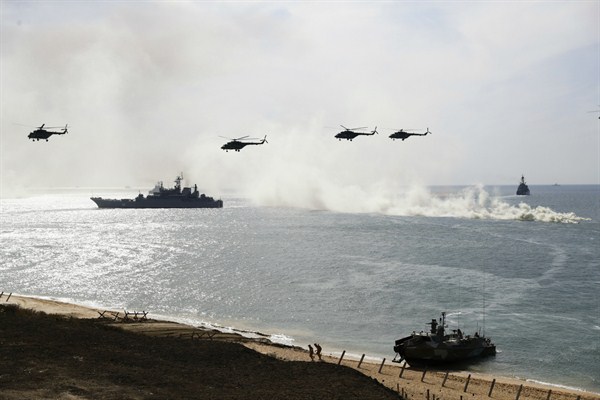On Aug. 24, Ukraine celebrated 25 years of independence from the Soviet Union with a military parade in the capital, Kiev. President Petro Poroshenko, elected in the wake of the 2014 Maidan uprising, proudly recounted the country’s progress to the crowd: “Independence already gave us democracy and liberty, sense of human dignity and national unity; taught us to defend ourselves and opened the European perspective. The middle class has been formed as well as the civil society. The first post-Soviet generation with a new European world outlook has grown up.”
Less than two weeks later, a mob of far-right protesters set fire to the headquarters of Inter TV in Kiev. This followed attacks on the station’s offices in January and February, as well as the still-unsolved murder of Belarusian-born journalist Pavel Sheremet in a car bombing in the center of Kiev in July. Poroshenko has ordered the prosecutor general to investigate the arson, while at the same time calling it “unacceptable” when “certain media funded by Russia are trying to destabilize the domestic political situation in Ukraine.”
Inter TV is widely perceived as a pro-Russian media outlet in a country where pro-Western nationalists overthrew Viktor Yanukovych, an unpopular but elected Russia-friendly president two years ago, and which has been locked in a shooting war with Russian-backed rebels in its eastern regions ever since. The channel’s owner, billionaire Dmytro Firtash, lives in exile in Vienna, as his close ties to Yanukovych have made him a target of Poroshenko’s ongoing campaign against corruption.

